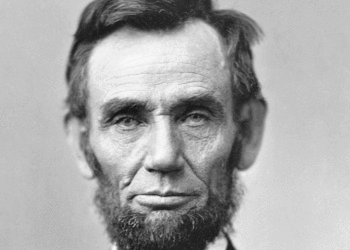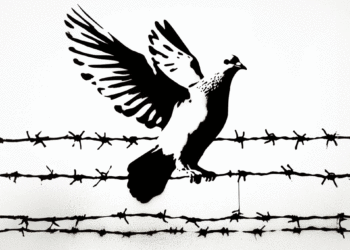An upcoming lecture series at the U of M will examine how demented Holocaust denial arguments have been rebranded as ‘alternative narratives’
By BRUNO CHAOUAT
The Center for Holocaust and Genocide Studies at the University of Minnesota — of which I am honored to serve as the new director — is launching a lecture series titled “Alternative Narratives — or Denial” for the 2011 spring semester.
Denial is not always easy to recognize. Calling the Holocaust a “fable” or a “myth” is not the only mode of denial. Denial can sometimes be called “alternative narratives” or “revision of history,” and be disguised as scholarly inquiry. Scholars in the United States and in Israel have demonstrated a continuum between drawing questionable analogies to the Holocaust and denying it. Through historical, literary and philosophical inquiry, this lecture series will explore the moral and intellectual issues raised in revising the history of the Holocaust and of genocides.
This lecture series is especially timely in light of film director Oliver Stone’s recent attempt to diminish the importance of the Holocaust in the name of placing it in “historical context,” and his corollary accusation that Jews control the media and U.S. foreign policy. Jews, Stone infamously declared, are “the most powerful lobby in Washington,” and “Israel has f—-d up United States foreign policy.”
Hebrew University Prof. Elhanan Yakira spoke at the U of M in April about the mutated version of Holocaust denial spouted by some French leftists, who find the facts of the Shoah inconvenient to their critique of Israel’s legitimacy as a Jewish state. (Photo: Mordecai Specktor)
We are accustomed to viewing Holocaust denial as a right-wing, neo-Nazi, marginal position, and thus many discount it as innocuous hysteria. However, Holocaust denial is not the monopoly of neo-Nazis, Aryan supremacists or shameless anti-Semites. It comes in multiple guises, and lately has often been recast in the service of anticolonialism, anti-imperialism and even antiracism. More and more, the fantasy that Israel and the Jews control the memory of the Holocaust to serve selfish and even criminal ends leads to minimizing, or outright denying the Holocaust. Professor Elhanan Yakira, of the Hebrew University of Jerusalem, who spoke at the College of Liberal Arts last April (4-19-10 AJW), demonstrates this phenomenon in a book titled Post-Zionism, Post-Holocaust: Three Essays on Denial, Forgetting and the Delegitimation of Israel (Cambridge University Press).
Stone’s rant illustrates this brand of Holocaust denial, conspiracy theory and anti-Semitism disguised as a denunciation of imperialistic global exploitation. It is pernicious because it is hard to recognize — unless a proponent, such as Stone, loses his temper and launches into an attention-getting tirade. Regrettably, this brand of Holocaust denial is entering the mainstream; Stone was invited on National Public Radio a few weeks ago, and appears to have been taken seriously by an educated, thoughtful and compassionate audience.
Faithful to the legacy of our greatly missed colleague and friend Stephen Feinstein, the first director of the center, I consider that one of our organization’s missions is to debunk Holocaust denial and anti-Semitic bigotry in all of its guises, including when it comes as compassion for the oppressed and in the name of social justice. The French historian Pierre Vidal-Naquet aptly called Holocaust deniers “murderers of memory.” I believe the Center for Holocaust and Genocide Studies is a sentinel of memory. It is my hope that our first lecture series will reflect this conception.
***
Bruno Chaouat is the director of the Center for Holocaust and Genocide Studies at University of Minnesota.
(American Jewish World, 8.20.10)





















